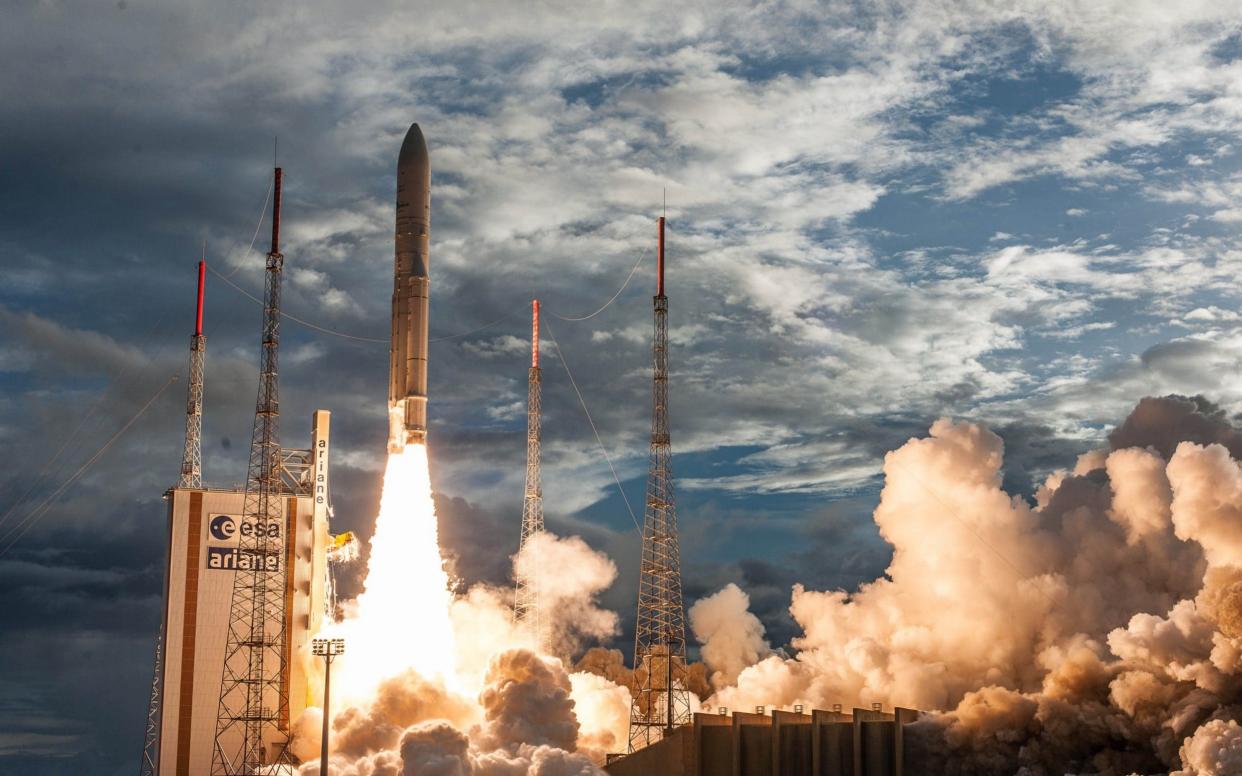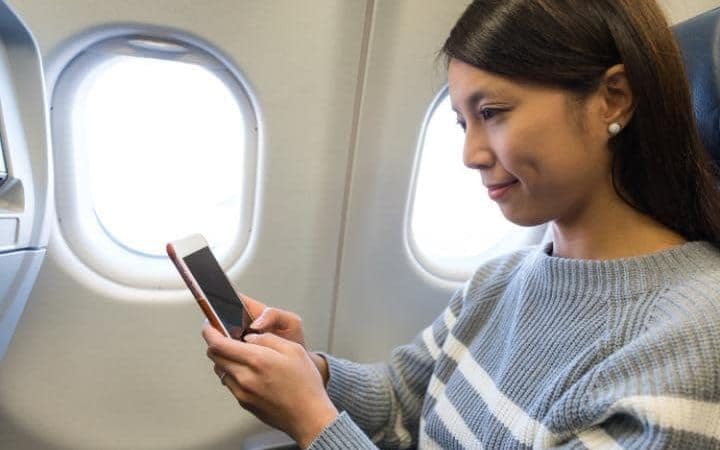Inmarsat dismisses court challenge over in-flight satellite Wi-Fi network

Plans to provide Wi-Fi internet access on planes across Europe could be grounded as satellite operator Inmarsat faces a court challenge from rivals.
ViaSat, Eutelsat and Panasonic have lodged a complaint with the European Court of Justice seeking an injunction on the proposed service, which is expected to be a lucrative new business for the FTSE 250 company.
Inmarsat launched the required satellite last week and plans to switch on the Continent-wide European Aviation Network (EAN) towards the end of the year, after it gains clearance from national telecoms regulators.
Rupert Pearce, Inmarsat chief executive, said EAN is destined to be one of its biggest revenue sources, eventually providing in excess of $1bn a year (£770m). Last year Inmarsat had total revenues of $1.3bn.
But its rivals argue that the company has twisted the grounds on which its licence was originally granted in 2009. They say the S-Band radio spectrum granted was supposed to be used for rural satellite broadband, and that most connections will be from stations on the ground.

The three companies have now resorted to the European Court, claiming the European Commission should have prevented national regulators from granting Inmarsat permission to use the spectrum for in-flight Wi-Fi.
"The air to ground network that they're proposing is inconsistent with the procurement," said Rick Baldrige, ViaSat's chief operating officer.
A number of telecoms regulators including Ofcom are still deciding whether to approve Inmarsat's proposals.
Mr Pearce dismissed the legal challenges, saying the companies were “just making mischief”.
"We are very confident about our licence and have issued a cease and desist order on them,” Mr Pearce said. “We take very seriously the damage to our reputation this could cause.
“They have made the same argument to regulator after regulator and each time their claim has been refused - they are just trying to slow us down. We have licences in all locations we need to commence operations and we are nearly there with building the ground stations - we are confident everything will be done in time.”
ViaSat and Eutelsat plan to launch their own satellite above Europe at the start of the next decade that they claim will provide a better service than the rival network Inmarsat is launching.


